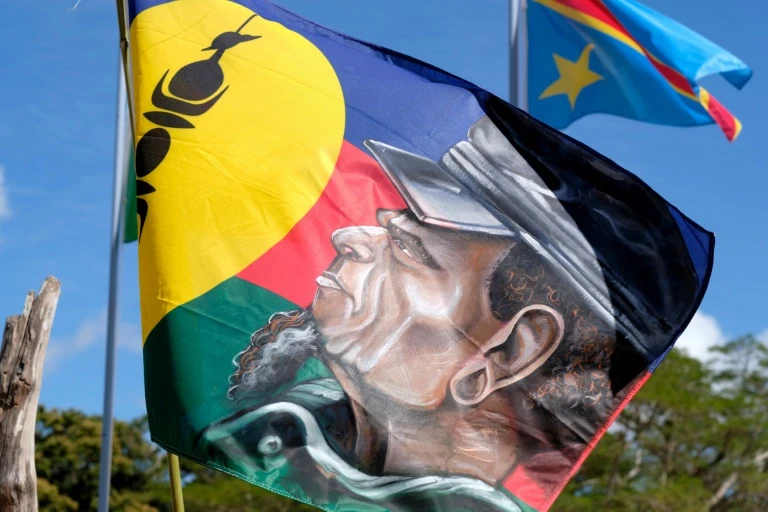From Cook to electric cars: Five things about New Caledonia

Stay tuned with 24 News HD Android App

New Caledonia, a French territory in the Pacific, has been rocked by days of deadly rioting over constitutional reforms bitterly opposed by the indigenous population.
Here are five things to know about the restive archipelago, which lies between Australia and Fiji:
Former penal colony
New Caledonia, home to some 270,000 people, is one of several French overseas territories left over from colonial times that enjoy limited autonomy.
Seized by the French in 1853 it was named by the first European to spot it, British explorer Captain James Cook, who said it reminded him of Scotland.
Initially used as a penal colony for convicts and political prisoners, it was declared a French territory in 1946.
New Caledonia comprises a main island, Grande Terre, and dozens of smaller islands.
Its lagoons, with stunning reefs that shelter an exceptional array of coral and fish species, were designated a UNESCO World Heritage site in 2008.
Cultural kaleidoscope
Indigenous Melanesians known as Kanaks make up the bulk of the population (41 percent) followed by descendants of European settlers known as Caldoches (24 percent).
There are also minorities from the Polynesia Pacific region, including Wallis and Futuna islanders, and smaller numbers of Tahitians, Indonesians and Vietnamese.
The indigenous population fell sharply in the late 19th century, wiped out by diseases brought by European settlers, such as smallpox and measles.
A growing part of the population now identifies as mixed-race or "Caledonian".
History of unrest
Ethnic tensions have blighted the archipelago's modern history, starting in 1878 when an insurgency over the rights of Kanaks in the mining industry left 200 Europeans and 600 rebels dead.
Clashes between Kanaks and Caldoches in the 1980s culminated in a bloody attack and hostage-taking by Kanak separatists in 1988, when six police officers and 19 militants were killed on the island of Ouvea.
France brokered a reconciliation between the communities, attempting to rebalance wealth and share out political power.
A landmark deal between France and opponents and supporters of independence followed in 1998, giving the islands more autonomy.
Since then three referendums have returned a majority in favour of staying with France.
Ballot battle
Although the referendums confirmed ties with France, the independence movement retains support, particularly among the Kanaks.
The latest unrest was sparked by a planned update to the voter roll, which has been frozen since 1998, depriving residents who arrived from mainland France or elsewhere since then of a vote in provincial polls.
Separatists fear expanding voter lists would benefit pro-France politicians and reduce the weight of the Kanaks.
The French government has argued that preventing one out in five people from voting is "absurd".
Key source of coveted metal
New Caledonia is the world's third biggest producer of nickel, (US Geological Survey, 2023), a core component in stainless steel and in the lithium-ion batteries that power electric vehicles.
Nearly a quarter of all private sector jobs are linked to nickel, but the sector is in crisis due to falling prices, the high cost of energy and foreign competition.
The Kanaks have fought hard to keep a degree of local control over the nickel sector.
